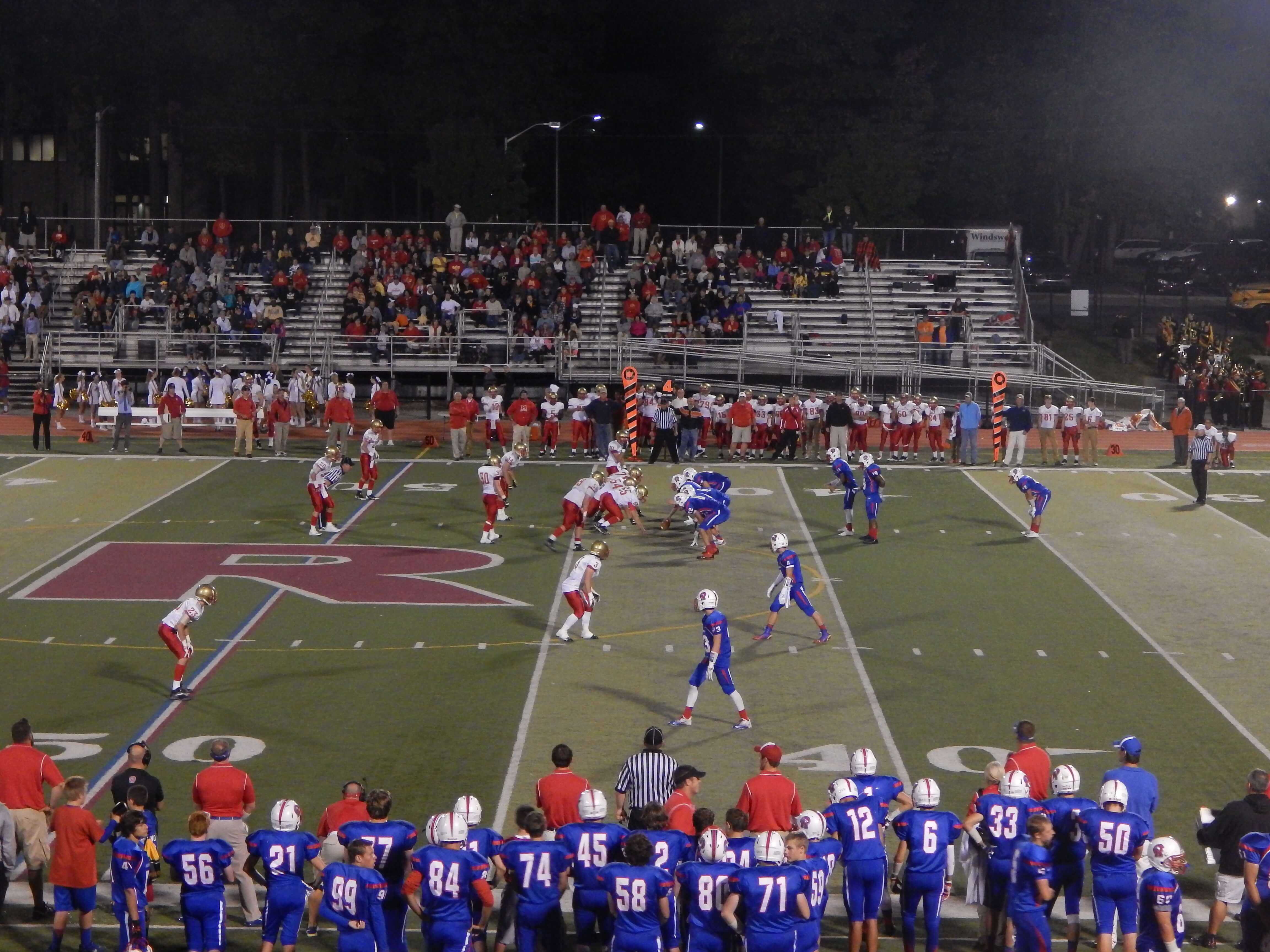Apply the Bachelor Program Now

Embarking on a bachelor’s program is a pivotal decision in one’s academic and professional journey. This comprehensive educational pathway is designed to provide students with a deep understanding of their chosen field, equipping them with the skills, knowledge, and adaptability required to succeed in an increasingly complex and interconnected world. The structure and content of bachelor’s programs vary significantly depending on the institution, location, and field of study, but they share a common goal: to foster well-rounded individuals who are prepared to contribute to their communities and professions.
Historical Evolution of Bachelor Programs
The concept of bachelor’s degrees has its roots in the medieval European university system, where the term “bachelor” referred to a young knight. Over time, the term evolved to denote a level of academic achievement. Initially, these programs were focused on liberal arts, with an emphasis on philosophy, rhetoric, grammar, and logic. As societies evolved and new disciplines emerged, bachelor’s programs adapted, incorporating a wide range of fields from sciences and technologies to humanities and social sciences.
Problem-Solution Framework: Challenges and Innovations
Despite their evolution, bachelor’s programs face numerous challenges, including ensuring relevance in a rapidly changing job market, maintaining affordability, and providing equitable access to education. Institutions have responded to these challenges through innovation, such as:
- Blended Learning Models: Combining traditional classroom instruction with online learning to increase accessibility and flexibility.
- Interdisciplinary Programs: Offering courses and degrees that cut across traditional disciplinary boundaries, preparing students for a world where problems are complex and multifaceted.
- Experiential Learning: Incorporating internships, service learning, and project-based learning to give students practical experience and apply theoretical knowledge in real-world settings.
Comparative Analysis: Types of Bachelor’s Degrees
There are several types of bachelor’s degrees, each with its unique characteristics and focuses. The most common include:
- Bachelor of Arts (B.A.) and Bachelor of Science (B.S.), which differ in their emphasis on liberal arts versus technical and scientific fields, respectively.
- Bachelor of Fine Arts (B.F.A.), which is tailored for students pursuing careers in the arts, providing intensive training in creative fields.
- Bachelor of Business Administration (B.B.A.), designed for those interested in business and management, offering specializations in areas like marketing, finance, and human resources.
Expert Insight: Career Prospects and Personal Growth
According to career development experts, a bachelor’s degree not only enhances one’s career prospects by demonstrating a level of competence and commitment but also fosters personal growth. The skills acquired, such as critical thinking, problem-solving, and communication, are highly valued by employers across various industries. Moreover, the experience of pursuing higher education can be transformative, helping individuals develop a sense of purpose, resilience, and adaptability.
Decision Framework: Choosing the Right Program
For prospective students, selecting the right bachelor’s program can be overwhelming. A decision framework that considers the following factors can be invaluable:
- Alignment with Career Goals: How well does the program prepare you for your desired career path?
- Institutional Reputation: What is the standing of the university or college, and how might this impact your future opportunities?
- Curriculum and Specializations: Does the program offer the courses and specializations that align with your interests and professional aspirations?
- Cost and Financial Aid: What are the total costs of attendance, and what financial aid options are available?
- Location and Campus Life: How might the location and campus environment influence your educational experience and personal growth?
Technical Breakdown: Curriculum Structure
A typical bachelor’s degree program is structured over four years, with the curriculum balanced between general education requirements, core courses within the major, and elective courses that allow for specialization or exploration of other interests. The general structure includes:
- First Year: Introduction to the field, general education requirements, and foundational courses.
- Second Year: Core courses that delve deeper into the major, along with continued general education.
- Third Year: Specialized courses, potential internships or study abroad programs, and preparation for capstone projects or research.
- Fourth Year: Advanced courses, completion of any remaining requirements, and a focus on capstone projects, theses, or comprehensive exams.
Future Trends Projection: The Role of Technology
The future of bachelor’s programs is closely tied to technological advancements, with online and hybrid models becoming more prevalent. Technologies like AI, virtual reality, and big data analytics are not only changing the delivery of education but also influencing the skills and knowledge that students need to acquire. As such, bachelor’s programs must evolve to incorporate these technologies, ensuring graduates are equipped to thrive in a digitally driven world.
Conclusion
Pursuing a bachelor’s degree is a significant investment in one’s future, offering a pathway to personal and professional growth. As educational landscapes continue to evolve, it’s crucial for prospective students, educators, and institutions to be adaptable, innovative, and committed to providing high-quality, relevant education that prepares individuals for the complexities and opportunities of the 21st century.
What is the typical duration of a bachelor’s degree program?
+A typical bachelor’s degree program lasts for four years, though this can vary depending on the institution, the student’s course load, and whether the program is taken on a part-time or full-time basis.
How do I choose the right bachelor’s program for my career goals?
+Choosing the right program involves considering factors such as the program’s reputation, curriculum, cost, and the opportunities it provides for internships, networking, and specialization in your area of interest. It’s also crucial to research the job market and understand which skills and degrees are in demand.
Can I pursue a bachelor’s degree online?
+Yes, many institutions offer online bachelor’s degree programs. These programs provide flexibility, especially for those who cannot attend traditional on-campus programs due to location, work commitments, or other responsibilities. When selecting an online program, ensure it is accredited and offers the support and resources you need to succeed.


